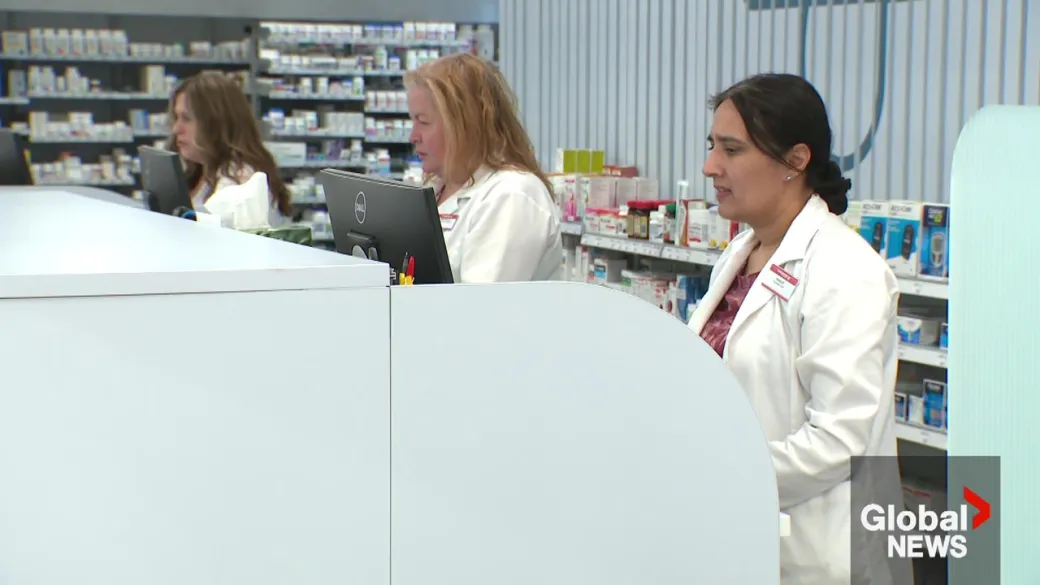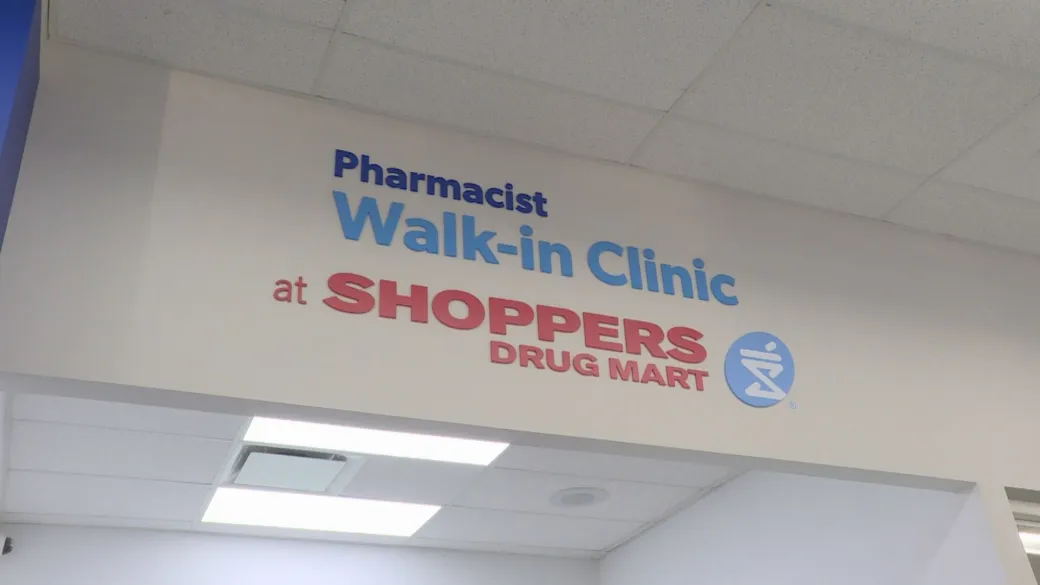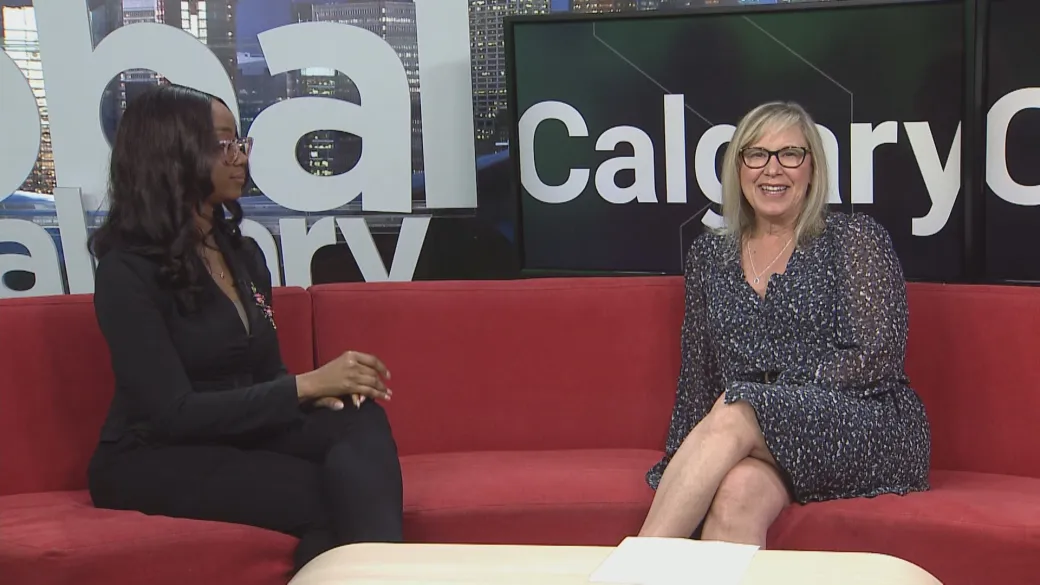

The Alberta Pharmacists’ Association says upcoming government cuts to service compensation fees will have a big impact on pharmacists and also patient care.

Health Minister Adriana LaGrange announced on social media Tuesday that the government is reducing reimbursements for two services that pharmacists provide in an attempt to curtail spending. The province is on track to surpass its $670-million pharmacy services budget by $30 million this year.
The main cut is to the fee that pharmacists charge the government for an initial patient assessment for a comprehensive annual care plan.
Currently, pharmacists can be reimbursed $100 for undertaking that assessment. As of Nov. 1, it will be $70.
The government is also cutting the number of annual care plan follow-up appointments for which pharmacists can be reimbursed to four per year from 12.
“The decision to make these changes to these pharmacy services has taken into consideration the financial sustainability of both government and pharmacies, while minimizing the impact to service quality and access to primary care for Albertans,” LaGrange wrote in a letter to pharmacists.

Margaret Wing, chief executive officer of the pharmacists association, says she’s extremely disappointed and that these cuts will not only affect pharmacists but also patients.
“It’s hard to comprehend that this change will not have a significant impact,” she said.
Wing said comprehensive annual care plans are programs that pharmacists use to help patients with complex health conditions, such as diabetes, mental illness and cardiovascular disease.
Those patients, including seniors in continuing care facilities, routinely need to alter medications as their condition changes, Wing said. So pharmacists meet regularly with them to discuss concerns or answer questions.
“If you’re a patient that is a diabetic and you’re continually getting your medication adjusted or those types of things and you need to be followed up on, say, on a monthly basis, now we’re limited to doing it four times a year,” Wing said.
Wing said the problem now is whether or not pharmacists will continue monthly follow-up appointments because the government is reimbursing pharmacists for four each year.
“No one can work for free,” she said.
Tweet This Click to share quote on Twitter: "No one can work for free," she said.
Wing also said the cuts are particularly demoralizing, given the shortage of family doctors in the province in recent years has caused more Albertans to rely on pharmacists for primary medical care needs.
“The pharmacist practice has evolved to take on all this extra workload in light of increased population (and) fewer other health-care providers,” she said. “They’ve stepped up. They’ve been providing the care.
“There has not been any fee increases for more than a decade. But now we’re actually providing the care we’ve been asked to provide for Albertans and … I guess we’ve done too much.”
Tweet This Click to share quote on Twitter: "There has not been any fee increases for more than a decade. But now we're actually providing the care we've been asked to provide for Albertans and … I guess we've done too much."

Nadia Kamran, a pharmacist in Edmonton, said these cuts are “the worst thing” she’s seen in her career.
“If they keep cutting these type of things, (it will be) hard to survive,” said Kamran, who owns and operates Grandview Pharmacy.
Kamran said many if not most of the people who go to her pharmacy have comprehensive care plans, but the cuts mean she won’t be able to spend as much time with each person.
“If they are not paying us, we are not able to spend that much time with our patient,” she said.
She said it’s another example of pharmacists paying out of their pockets to provide care for Albertans.
It’s similar to pharmacists giving flu and COVID-19 vaccines, she said, as they get $13 each time they administer a shot but also have to pay for syringes, bandages and alcohol swabs.

Kamran said the government needs to decide whether or not pharmacists are front-line medical staff or retailers.
“When it comes to the services, we are front line. So we need benefits like front line,” she said.
“If we are retailers, we will behave like retailers.”


